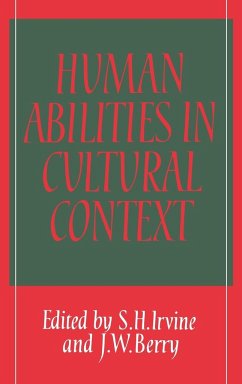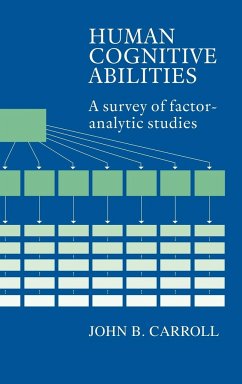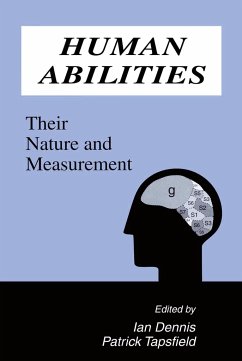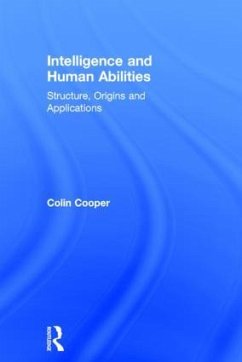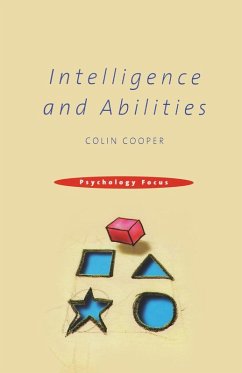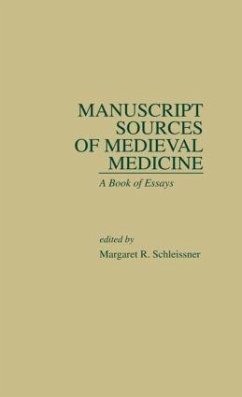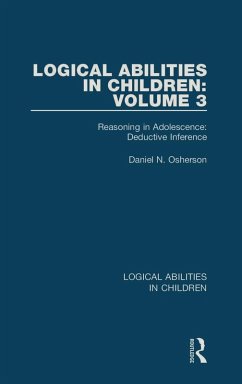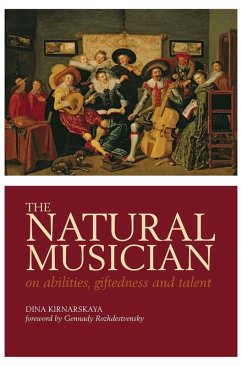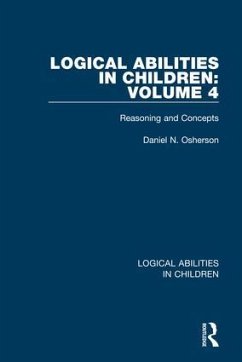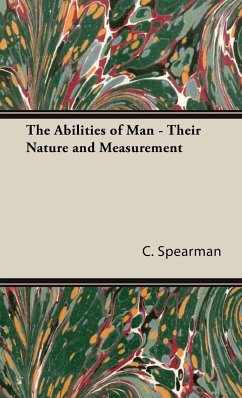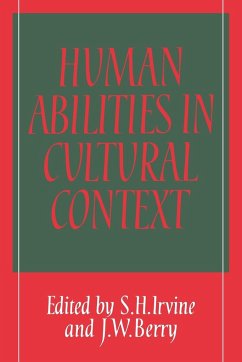
Human Abilities in Cultural Context
Versandkostenfrei!
Versandfertig in 1-2 Wochen
70,99 €
inkl. MwSt.

PAYBACK Punkte
35 °P sammeln!
Originally published in 1988, Human Abilities in Cultural Context constituted a major development in conceptualising and studying human abilities. It formed a unique reference frame. This study offers a re-evaluation of ability theory by the editors, S. H. Irvine and J. W. Berry, and strong individual statements by H. J. Eysenck, Arthur R. Jensen, Joseph R. Royce, and Robert J. Sternberg, who represent markedly different approaches to the measurement of intelligence. It also focuses on contexts in which the limits of assessment by psychological tests are defined: in minority native groups in N...
Originally published in 1988, Human Abilities in Cultural Context constituted a major development in conceptualising and studying human abilities. It formed a unique reference frame. This study offers a re-evaluation of ability theory by the editors, S. H. Irvine and J. W. Berry, and strong individual statements by H. J. Eysenck, Arthur R. Jensen, Joseph R. Royce, and Robert J. Sternberg, who represent markedly different approaches to the measurement of intelligence. It also focuses on contexts in which the limits of assessment by psychological tests are defined: in minority native groups in North America, in migrants to Britain, in lower-caste enclaves in India, among African minorities, and among Australian Aborigines. Written by long-term residents of the regions in question, these chapters presented a wealth of fresh data in relation to Western formulations of theory and practice.





